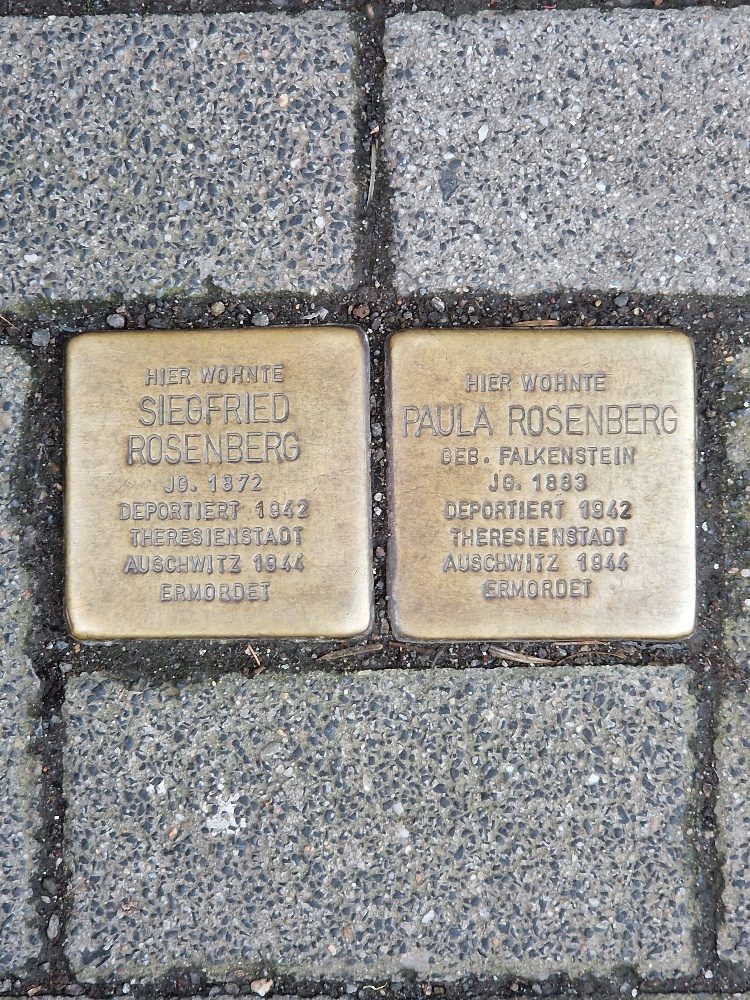Without a doubt, (the child) Thuy thought that the apple juice was sitting for a while to clear itself, just like Uncle Monk. “Was it meditating like you?” I think that Thanh Thuy, not yet four and a half, understands the meaning of meditation without any explanation. The apple juice became clear after resting a while. In the same way, meditation – if we rest in a while, we to become clear. This clarity refreshes us and gives us strength and serenity. As we feel ourselves refreshed, our surroundings also become refreshed. Children like to be near us, not just to get candy or hear stories. They like to be near us because they can feel this freshness.
Thich Nhat Hanh; Reflections on the `Wandering Mind´
When the phrase `the shortcoming of the wandering mind´ first cropped up, I was somewhat taken aback.
I usually associate the term `shortcoming´ with things like pride, greed, wrath, envy, lust, gluttony, sloth, and the like. I do much prefer the term `shortcoming´ to `character defect´ which is also widely used in some circles. In my mind, `shortcoming´ implies that something came up short in my initial phases of maturity. Thankfully, life generally provides us with the opportunity to make good at some point later on. Indeed, should we decline that invitation, it will often pop up again at an even later juncture.
The labelling of `the wandering mind´ as a shortcoming intrigued me. Having contemplated it for a while, this is what I have discovered.
I am in no doubt that my mind’s proclivity to wander has been the cause of much of the suffering I have generated throughout my life, for my self and others. The harm that has resulted from this suffering has had the greatest impact on those closest to me; harming those we hold most dear in life is one of the most cruel ironies of the human condition.
In what way has the wandering mind been the source of so much trouble? And when did all this begin? The latter question is the most easily answered.
I already had a reputation of a `day dreamer´ even before school started. This garnered me the endearing nickname `Paddy Last´. I loved being `away with the fairies´, imagining that the cloud shapes that scudded across the Irish sky were a prairie bison, a humpback whale or some such exotic creature. Immersing myself for hours in a single melody heard on the radio or the music of the river flowing over the weir, I felt safe in my imaginings; liberated from the cacophony and tensions which surrounded me in our bustling home. In such moments, I felt free.
In hindsight, growing up as the fifth of ten children, may have led to an overload of sensory stimuli. Add to this all the unspoken irritations, fears and tensions that infuse any large family, and the load is greatly increased. My protection strategy was to switch to inner stimuli, which could, in most cases, be selected and steered by me. It was a form of self-medication in the pursuit of soothing. And it worked.
Sometimes the emergence of inner stimuli took on a life of its own, as in the case of nightmares or anxiety attacks. My response to these was to increase the dosage.
Later, during a twelve-year Jesuit education, I discovered even more landscapes through which my mind could amble, such as Logos, metaphysical poetry, and abstract mathematics. There was a pleasant pay-off here; acknowledgement, attention, and affirmation, since it was adjudged that I had been endowed with faculties of calibre which could be applied to good effect.
Then, in my teens came the discovery of less ethereal medication in the form of alcohol and weed. The term `out of my mind´ is really a misnomer; I was indeed very much in the mind – a chemically altered mind of a mostly pleasant nature. You could say it was a `zero friction´ state of mind, with every thought-stream flowing smoothly, converging into a joyously braided kaleidoscopic whole.
The price to be paid for all this `mindedness´ was the loss of the present moment. I was everywhere other than in the present. The gravity of this became clear to me much later in life.
`Today is the tomorrow, you worried about yesterday – and all is well´.
This was written on a plaque which hung over one of my favourite mantlepieces. The little ditty intrigued me as a child and took on ever more meaning in adult life. How pointless to worry! To be concerned chiefly with what had already transpired and to be in trepidation of the unknowable future, that which lay around the next bend.
What about now?
The `Now´ is the portal to true life, as teachers from Buddha to The Christ, and nowadays, Marianne Williamson, and Eckhard Tolle have been busy pointing out.
It is no accident that the `Now´ is called `The Present´ in English. It is the gift, a gift that can be experience and enjoyed, provided the mind has been quietened to a certain degree. The wandering mind, away with the fairies, prevents me from accessing the present.
Ergo the correct use of the label `shortcoming´. This shortcoming can be overcome, provided the willingness is there; the willingness to die to the old life and to begin to tread a new path. By the time this subject presents itself, often in mid life, unconscious resistance has already become a formidable obstacle.
Why go where we have never been before? Let sleeping dogs lie. What’s the point? I’m too busy for that kind of stuff. There’s no time for that. This list could be increased, ad infinitum.
According to Lao Tzu; `A journey of a thousand miles begins with a single step´. So it is with meditation. If we don’t begin, progress cannot ensue. When I do begin, three qualities are required to keep me going; `discipline & practice, discipline & practice, and discipline & practice´ (David Richo).
My spiritual Master introduced me to the concept of the mantra. `Your mind is like a garden with whole throngs of wild monkeys roaming around, screeching and causing mayhem. In order to achieve calm, you must place a flag pole at its centre and instruct the monkeys to climb up to the top and, upon reaching the top, descend to the bottom again. This, they must repeat again and again, without wavering. This is the role of the mantra. When, while sitting in silence, you notice that your mind has begun wandering again, you must recommence your silent mantra. This will become your practice. Over time the monkeys will cause less havoc. Ultimately you will reach a state of calm, even if only for brief periods…´
As great teachers from the field of psychology point out, and neurologists have now been able to document with the help of imaging technology: `You cannot think your way into a new way of acting; you can only act your way into a new way of thinking´. Over time, the synapses relating to the old, discontinued behaviours begin to wither and die and are replaced with shiny new bridges – manifestations of our new ways of being in the world.
Thus, through discipline and practice, joined later by devotion, reverie, and ultimately love, our minds are changed; no longer wilfully wandering like restless nomads, but tranquil, clear and calm – enjoying the eternal vitality of the present moment. We finally move from ’nowhere‘ to ’now here‘, where peace of mind resides . My morning meditation is now the favourite hour of each new day.








Eine Antwort
thanks for the reminder Patrick, started the new week with a morning meditation after a long break?